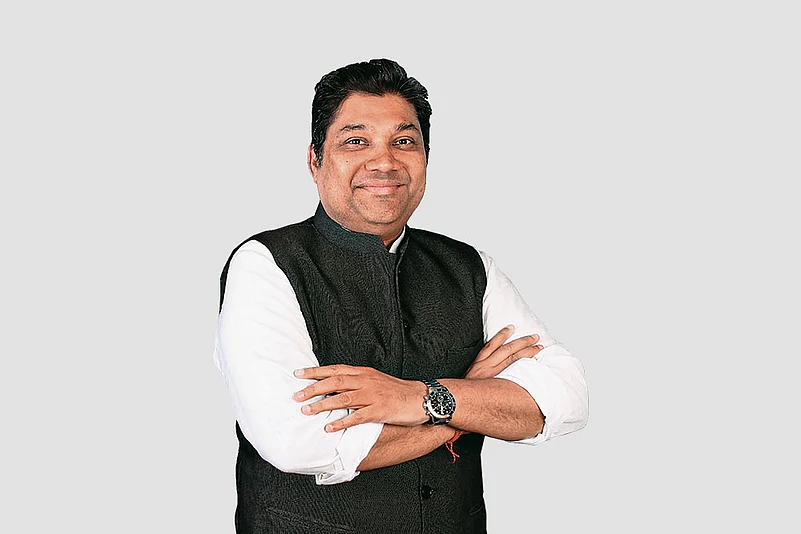Traditional retirement planning focuses mostly on financial aspects like estimating the required corpus, selecting the “best” investment strategy, and so on. However, this is a limiting approach since it overlooks emotional and psychological aspects closely entwined with “retirement.”
I am not suggesting financial security during retirement is unimportant. In fact, it forms the foundation of a holistic retirement plan. However, the conversation should start within the ambit of the overall life plan because retirement is just another life phase. What distinguishes it are the emotional and psychological aspects, which must be recognised and addressed.
For instance, transitioning from a career-driven life to retirement can be unnerving, especially for those who closely associate identity and self-worth with professional achievements. The sudden loss of this identity can leave a lasting void as individuals navigate life without the proverbial “ladder to climb.”
Then there’s the psychological aspect. From the security of paychecks, one transitions to depending on cashflows from rent, pension, interest, or withdrawals. While mathematically it may seem like the status quo, concerns about having enough money until the end of life often linger beneath the surface.
When asked what they would do if they had enough time and money, two common client responses are: a) quit their job to follow their passion, and b) travel the world.
Guaranteed income life insurance plans provide both life insurance and savings, guaranteeing reliable income for a chosen period.
Post-COVID, there’s been a behavioural and attitudinal shift, emphasising ‘Self-Identity,’ ‘Self-Care,’ and ‘Self-Worth’ alongside fulfilling family roles (Source: PGIM Retirement Readiness Survey 2023). Concepts like YOLO (You Only Live Once) and FIRE (Financial Independence, Retire Early) are redefining retirement—from a phase of leisure to one of living a rich, fulfilling life.
Planning for the retirement transition must be done in advance, addressing both financial and psychological aspects. Financial planners can facilitate meaningful conversations to help clients introspect, articulate passions, interests, values, and aspirations, and evaluate the financial feasibility of pursuing them. Once individuals know the trade-offs and have clarity about their finances, they feel empowered to live their unique vision of a purposeful life.
Here’s how you can recalibrate your retirement plan to align with your life plan:
Start with Self-Reflection: Explore your values, passions, and aspirations beyond your career. Redefine success outside the professional domain.
Prioritize Purpose: Define fulfilment—whether giving back to society, rediscovering hobbies, or strengthening connections.
Embrace Growth: View retirement as a chance to learn, explore, and grow.
Balance Financial and Psychological Needs: Secure finances while preparing emotionally and psychologically.
Plan Early for the Transition: Engage in conversations about goals and identity well before retirement to avoid disorientation.
A retirement plan is a life plan—or as I like to call it, a plan to “live anew.” Retirement isn’t an abrupt halt but a pit stop to renew, recharge, and start a new chapter filled with possibilities. Remember, regrets often stem from missed opportunities and unfulfilled dreams. Let retirement be a celebration of life’s possibilities—a renewal with purpose and meaning—so you can live fully, without regrets.
Disclaimer: The Views are Personal and not a part of the Outlook Money Editorial Feature













